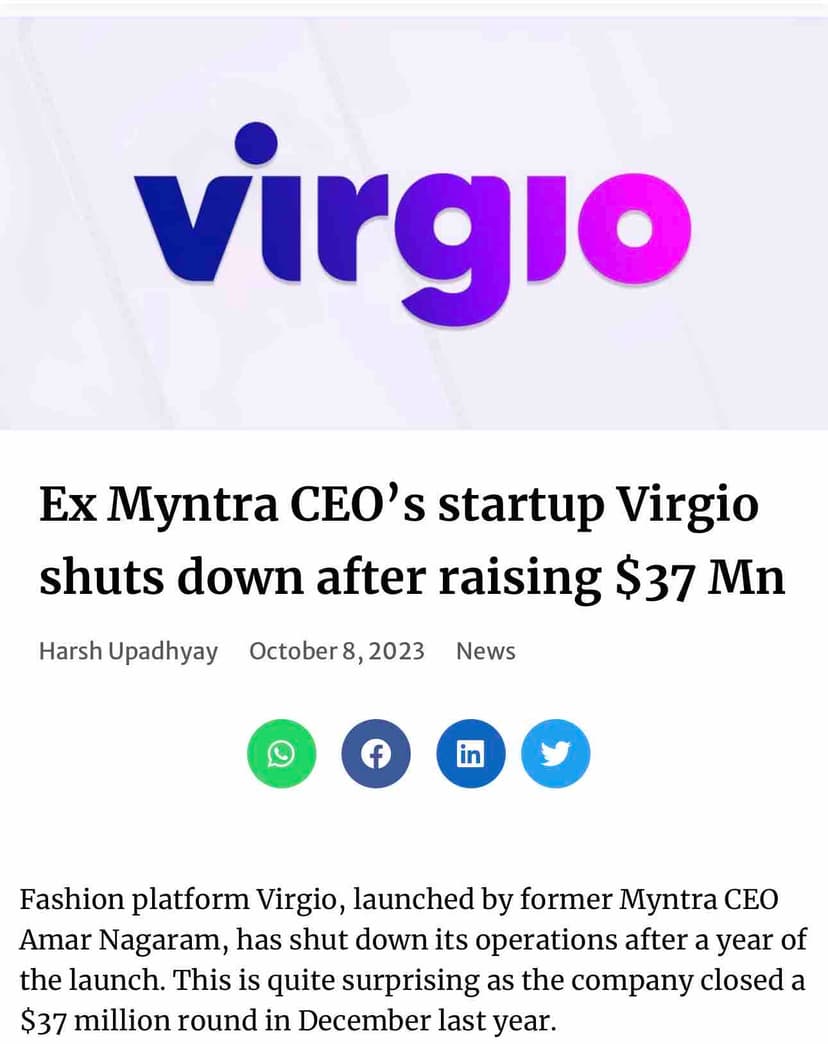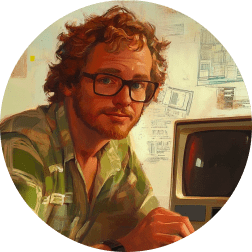well placed to answer this.
We recently shut down.
we had raised about 4.8 mn USD and were operational for 3 years.
When we decided to shut down we had about 500k in the bank.
The primary reason was so that we could clear all our dues and liabilities well.
We paid 2.5-3 months of severance, laptops to our team.
Then we had to clear a lot of statutory payments, which were usually taken care of from the monthly cash flows.
Then we hired a high charging consulting firm to ensure proper due diligence of closure process so that there are no surprises later, whether it was around taxation, vendor payments or any contracts.
Then we hired a law firm for the closure process.
After all this, the company was left with about 150k USD on the books.
This money was paid out to us two founders as severance payout.
In the 3 years of operations the founders in general averaged at less than 25% of their market salary, which meant depletion of personal resources completely.
The severance amount received by each of us was as good as 60-80% of our market salary.
Net net, financially, less money earned from salary + severance than would have earned in 3 years of my market salary job.
Hope this helps :)











